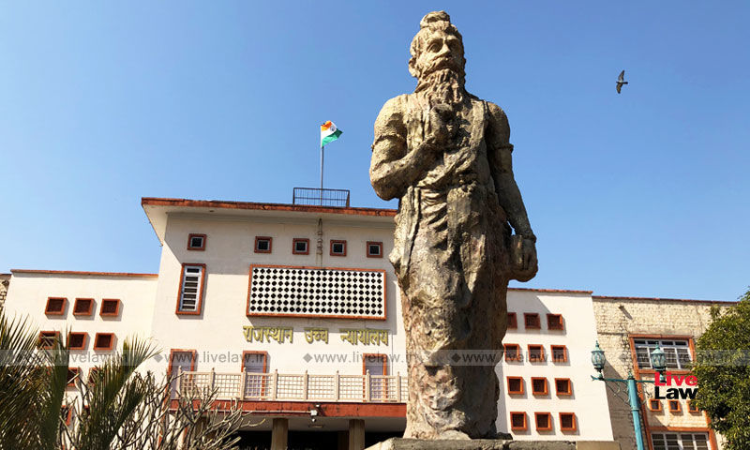Despite High Court Direction, Trial Courts in Rajasthan Continue to Mention Caste In Orders
Karan Tripathi
9 May 2020 10:08 AM IST

Next Story
9 May 2020 10:08 AM IST
An order passed by the Rajasthan High Court on April 24 adjourning the hearing on a bail application had attracted public attention as the counsel in that case had appeared before the bench in "inappropriate" attire, via video conferencing.This news also brought to highlight a practice followed by the Court to mention the caste of the party in the cause title, which came under serious...
